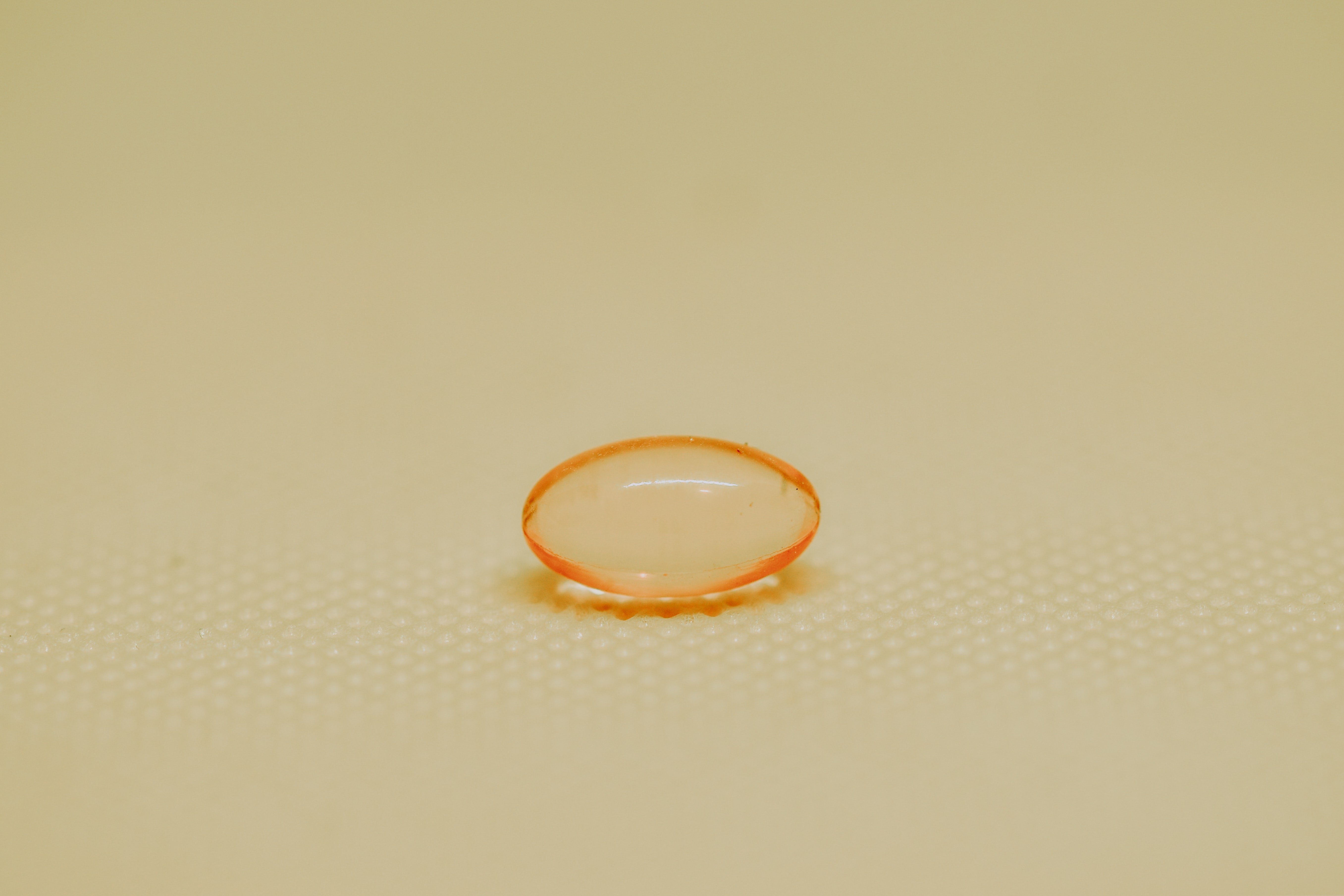Omega-3 fatty acids are vital for various bodily functions, and can enhance mental health, metabolic and cardiovascular health, reduce inflammation, support bone and joint health, slow cognitive decline, alleviate menstrual pain, and support eye health. To increase your omega-3 intake, consider eating more oily fish, plant sources like chia seeds and flaxseeds, fortified foods, or take a recommended supplement.
Are you looking to improve your overall health and well-being? Then getting some extra omega-3 fatty acids might just be the secret weapon you've been looking for. This essential fatty acid has been linked to a variety of health benefits, including reducing inflammation, promoting heart health, and improving brain function. But that's not all - Omega 3 is also a crucial component of cell membranes, the protective outer layer that encases every cell in your body.
In fact, Omega 3 makes up a significant portion of the cell membrane and plays a critical role in maintaining the membrane's structure and function. This, in turn, affects how the cell communicates with its environment, allowing it to take in nutrients, expel waste, and interact with other cells. But that's just the beginning.
Keep on reading to find out more!

































